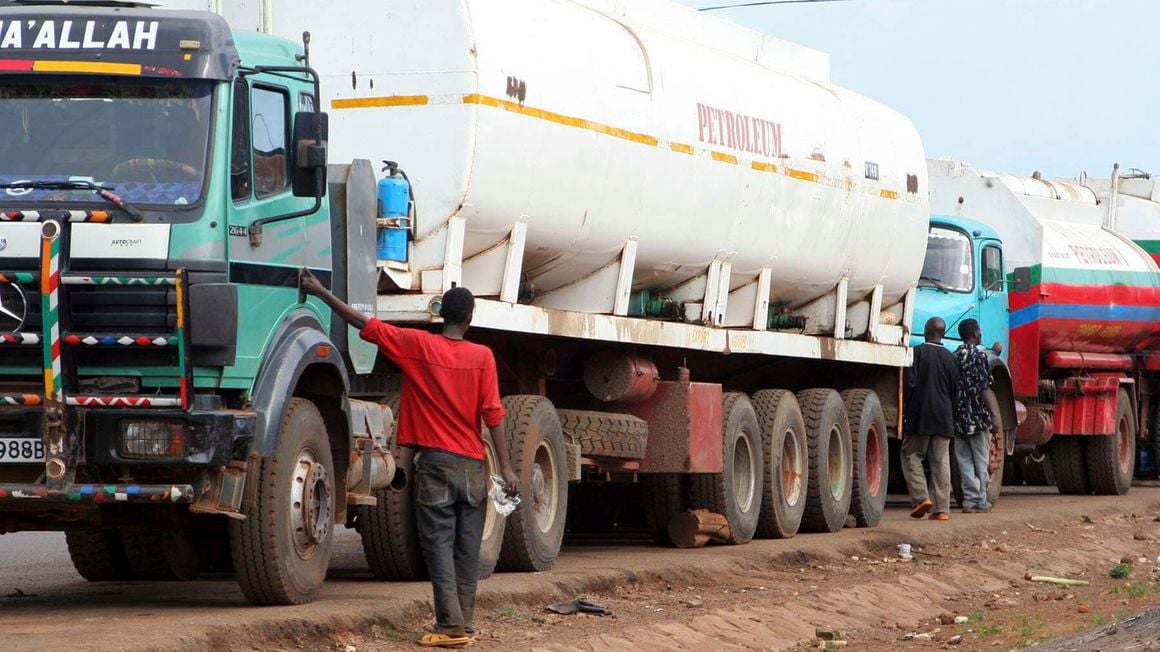
Trucks transporting petroleum products to Uganda. File | Nation Media Group
Many murmured that it was inconsistent with transit protocols to insist on Uganda buying its oil products from Kenyan traders.
But the latest decision by Kenya to facilitate Uganda to directly import petroleum products from offshore sources is a relief, considering Kenya’s mandate is to provide efficient transit capacity for all goods, including oil, and to make a return on transit infrastructure investment.
I was in the Esso Kenya team that in 1978 participated in negotiating the original Transport and Storage (T&S) Agreement with the newly established Kenya Pipeline Company (KPC). The operating model was that the seven Kenyan multinational oil companies would be products “handling agents” for their Ugandan counterparts, an extension of existing practice at the common user Mombasa refinery, which was now to feed the new pipeline.
This “local agency” concept has continued to date, with T&S agreements signed only by companies with physical operational and market presence in Kenya. This is what will now change to allow Uganda National Oil Company (UNOC) to sign a T&S agreement with KPC, a precedent that potentially allows other foreign and regional companies to follow suit.
Read: Kenya ends oil import feud with Uganda
KPC is a critical oil transit infrastructure for Uganda, and the country cannot sufficiently replace it with Tanzanian oil facilities, as initially intimated by Uganda. This was an embarrassing diplomatic standoff which has now been resolved. My fear was that a stalemate could potentially have led to Uganda and Tanzania devising permanent future alternative transit options for Uganda's oil imports.
The company proposed an alternative route from Kampala to Mombasa via Eldoret using a products pipeline wayleave previously mapped out between Kampala and Eldoret, and then use the existing KPC wayleave from Eldoret to Mombasa.
Read: Uganda state oil firm starts fuel sales after Kenya fallout
A pipeline branch from Turkana would link up at Eldoret. Kenya was inflexible on LAPSSET, forcing Uganda to take the third option through Tanzania. The Eldoret routing was indeed cheaper, more secure and carried many other economic pluses for Kenya.
George Wachira, a petroleum consultant, wachira@petroleumfocus.com




No comments :
Post a Comment